Choosing a car that delivers great value-for-money is one thing, but what about getting the most out of it once it’s yours? We have put together a detailed guide advising people of how to save fuel when driving on a daily basis.
There are countless guides to choosing the most efficient engine, the lowest list price or even the best value-for-money trim level. But how do you get the most out of the liquid money you pump into it?
Regardless of what car you own, there are always ways of getting more bang for your buck – some are, of course, more straightforward than others. In this guide we identify ten useful and easy to incorporate tips on how to save petrol or diesel while using your car. Out tips on how to save fuel when driving are detailed below.
Planning your journeys
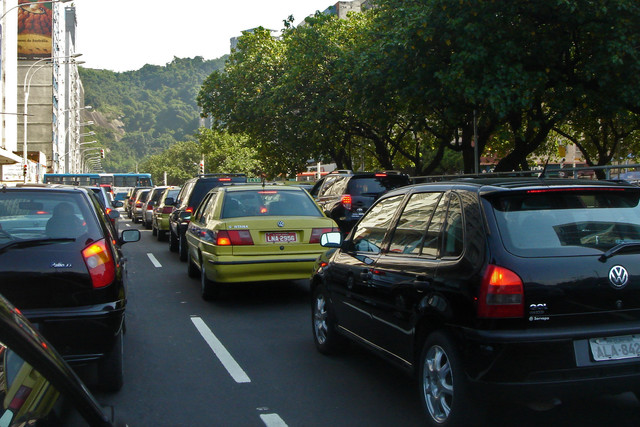
It may not seem so at first, but consolidating several journeys into one trip can save you a surprising amount of fuel. The reason for this is because just like when you wake up in the morning, you need a little time to get going. The same goes for a car.
A cold start in a car uses more fuel than if you have driven it half an hour or so ago. So, if you can, plan a route so that you can get more errands done at once.
Heading out at rush hour is never recommended. If you get stuck in traffic then you will be constantly stopping and starting, varying your speed and, if it is a hot day, blasting the air-con no doubt. If you can, head out either before or after the busiest times. The less variation to your driving style will most likely result in better fuel economy.
Changing gear at the right time
Changing gear in your car at the optimum time is not only beneficial for building up pace, but also makes a difference to fuel economy. Some modern cars on sale now feature arrow indicators on the speedometer which show when’s the best time to switch up or down a gear whilst driving. Some of the more eco-focused cars out there will even use the timing of your gear changes to assess how efficient you’re driving journeys are.
With or without such indicators on your car, it’s important to get a feel for when the best time to switch gear is on your car before you end up building the revs to a really high, noisy level. It's a straightforward but effective thing you can work on when determining how to save fuel when driving.
Accelerating efficiently
This almost goes without saying, but if you want to preserve fuel then don’t whizz off ludicrously fast at the traffic lights. If you accelerate harshly and floor it, then you will definitely use more fuel. When you are setting off, make sure you accelerate smoothly. Also, you don’t even have to put your foot all the way down to the floor, a decent squeeze of the accelerator will do it.
Interior equipment uses fuel
It can be tempting to blast all of the electrical goodies in a car on when you are cruising around, but things like headlights, screen demisters and the air-con system can affect your fuel economy. Air-con is the big one though. As you may already know, using the air-con in an electric car massively drains the battery, so imagine what effects it has on a conventionally-powered car. If it’s hot, just open a window.
Check that fuel cap!
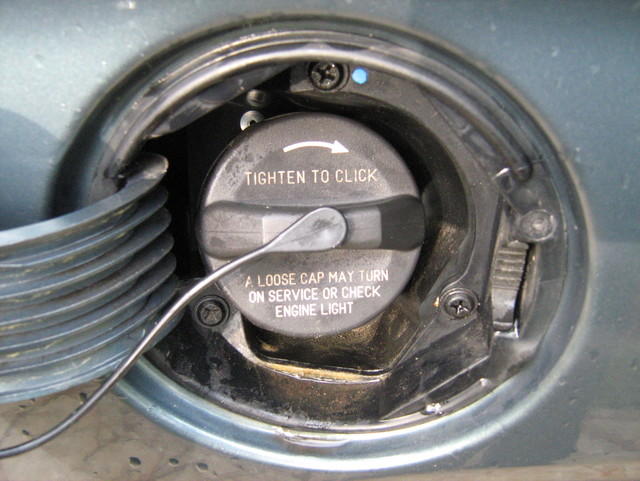
Have you ever noticed the swirling vapour coming out of the fuel tank when you are filling up at the station? That is actually the fuel escaping and on some cars a loose fuel cap means that those vapours keep leaking out into the air when you are driving.
Although they may only be ‘vapours’, it can still effect how much you get out of a full tank.
Stick to your speed limits
As well as speed limits being in place for safety reasons, they can actually save you fuel. Travelling at 50 or 60mph in a 40mph zone is illegal, but it is also less cost effective. Once you get over 60mph, fuel economy is dramatically reduced. As well as adhering to speed limits, remember, you don’t have to be spot on when it comes to things like motorways. A 70mph ‘limit’ doesn’t mean you have to go 70.
Make sure your tyres are fuel efficient
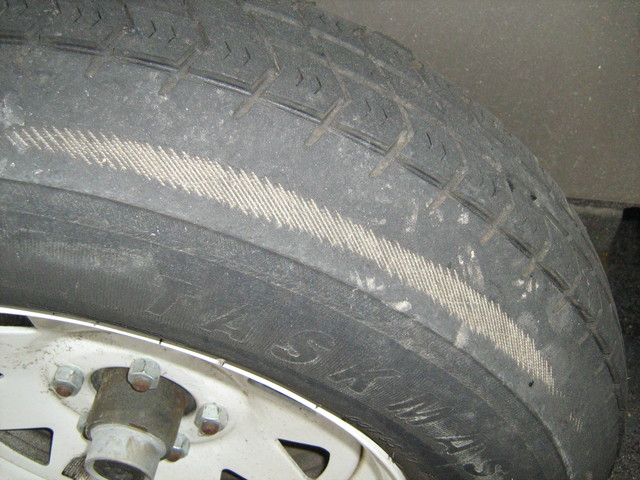
This one is especially important for long journeys, or if you are carrying a heavy load. If you want to get the most out of your fuel then optimal tyre pressure is very important. Think about pushing a wheelbarrow with a flat tyre – it requires much more effort.
Each car is different when it comes to front and rear tyre pressure. There are several ways you can tell if your tyres need inflating. Usually, a simple visual inspection will be enough with details like bulging at the sides. You can sometimes feel if a tyre needs inflating if you feel the steering being pulled to one side. However, overinflating can be dangerous as well, as it can reduce grip, so be careful.
Turn your engine off when you can
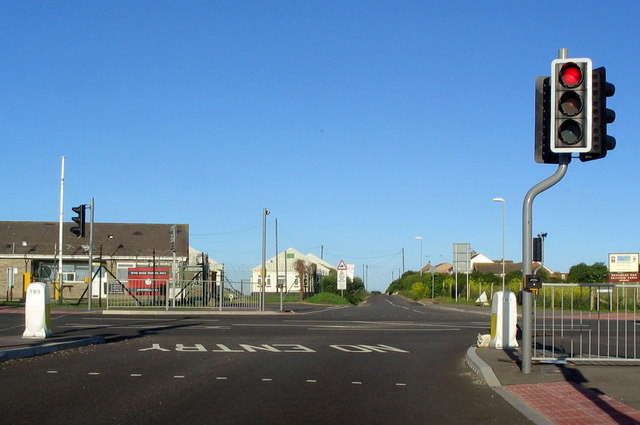
It’s simple. If your engine is on but you are not moving anywhere, then you are getting zero miles to the gallon. So, if you are warming your car up in the morning then make sure you do not leave it running for longer than necessary.
Also, if you have a start/stop system in your car, use it. Some people may not even know that they have a start/stop system as it can be disabled by pressing a button. Start/stop systems temporarily turn the engine off to save fuel while idling. However, they choose the optimal times to do this by monitoring things like battery power, so don’t just turn the engine off manually and expect the same results.
Lighter cars = efficient cars
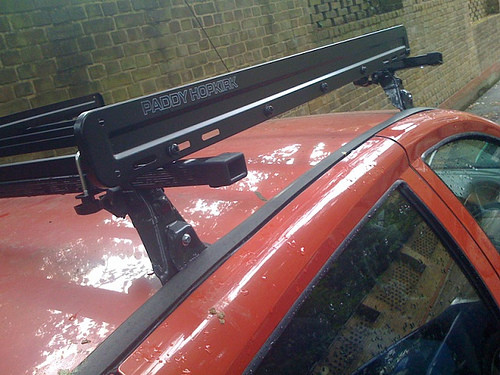
Many people will have things in their cars that they really do not need, such as clothes or bags.
If you don’t need these items, then get rid of them. If there is less weight to shift then less power is needed, therefore less fuel is required. You can even remove the likes of roof racks to reduce weight.
Look after your car
In general, the healthier state your car is in, the more fuel efficient it will ultimately be. It’s always worth checking that key components including everything under the bonnet and the tyres are of suitable health. If there’s even a slight doubt in your mind about any of this then check the car or get a trained mechanic to inspect it for you. It’s better to be safe than sorry.
If something is amiss with your car, then it can affect not just how safe it is but how much fuel ends up getting used to keep it moving at the speed you want.




